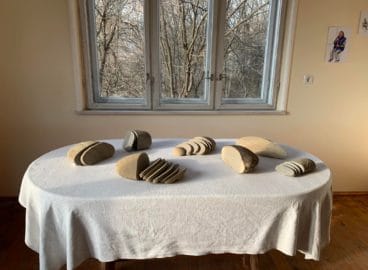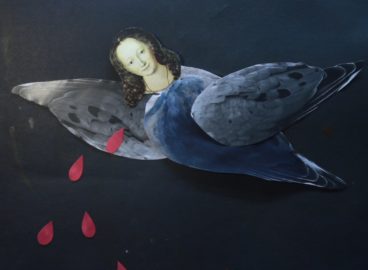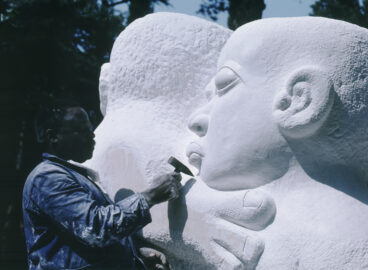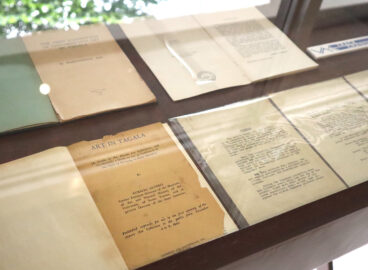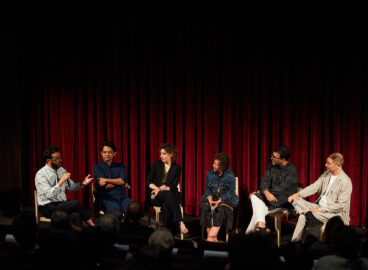Collaborators vqueeram and Vishal Jugdeo pen a post-script to their film Does Your House Have Lions (2021), reflecting on its resonances in national politics, ethnicity, gender, sexuality, affect, and kinship. Their film was screened earlier this year as part of Doc Fortnight 2022: MoMA’s Festival of International Nonfiction Film and Media.
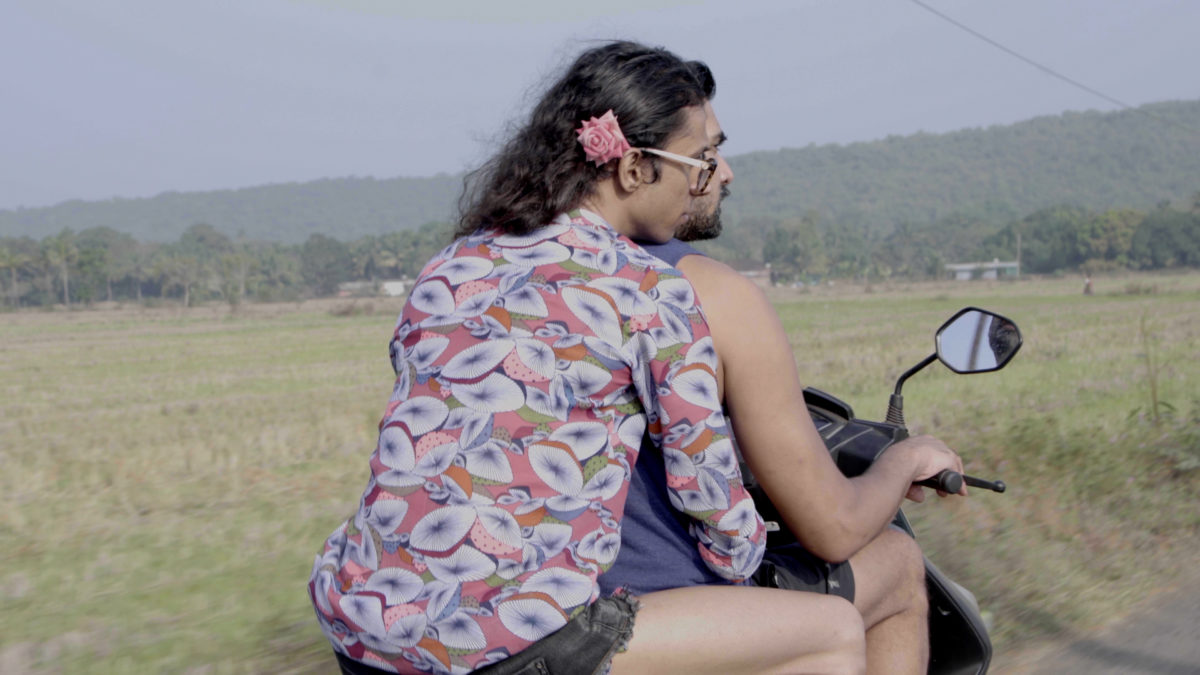
One day in the late sixties, I was on the phone with Rahsaan and mentioned to him that just that day I had bought a house. He responded by asking, “Does your house have lions?” I said, “What?” He said, “Lions. You know, like in front of a museum or the post office. You know, concrete lions. My house has lions. Get a house with lions.”
—Joel Dorn, May 1993, Rahsaan Roland Kirk Anthology
Sonia Sanchez’s book of poems for the many sisters who lost their brothers to HIV/AIDS, Does Your House Have Lions?,1Sonia Sanchez, Does Your House Have Lions? (Boston: Beacon Press, 1997). begins with this excerpt, first published in the liner notes of The Rahsaan Kirk Anthology, which shares this title.2Does Your House Have Lions: The Rahsaan Roland Kirk Anthology, 1993. Here, Sanchez blurs friendship and family, tosses humor into grief, and troubles history with memory. Titling her book after a found quote—at once a theft and a gift—Sanchez offers a practice of being without property and of naming without debt. A discipline to abolish in the ordinary.
Our film’s title, Does Your House Have Lions, leaves out the question mark. It is a statement. Speculative nonetheless, grammatically incorrect, no longer a question but still an ask: a house with lions. Lions, outside the house but also part of it, become aesthetic and material relation, not just a mediation of the world. They are outside for the world to encounter before someone comes knocking or (terrifyingly) barging in, but they are also interior to the friendship between Joel and Rahsaan. Both an announcement and inside humor. Gall. Audacity. Opulence. To ask that a house have lions is a bizarre request that has no real value—after all, these lions, whether of concrete or flesh, will not protect us from the police—and it is this stepping beside the imposition of value on life, what Katherine McKittrick might call “the mathematics of the unliving,”3Katherine McKittrick, “Mathematics Black Life,” in “States of Black Studies,” special issue, The Black Scholar 44, no. 2 (Summer 2014): 17. that we wanted to share in. We do not, thus, want to make much of these lions. They are only another quiet instance of the sweet, the small, and the extraordinary that friendship asks, dreams, and makes possible.
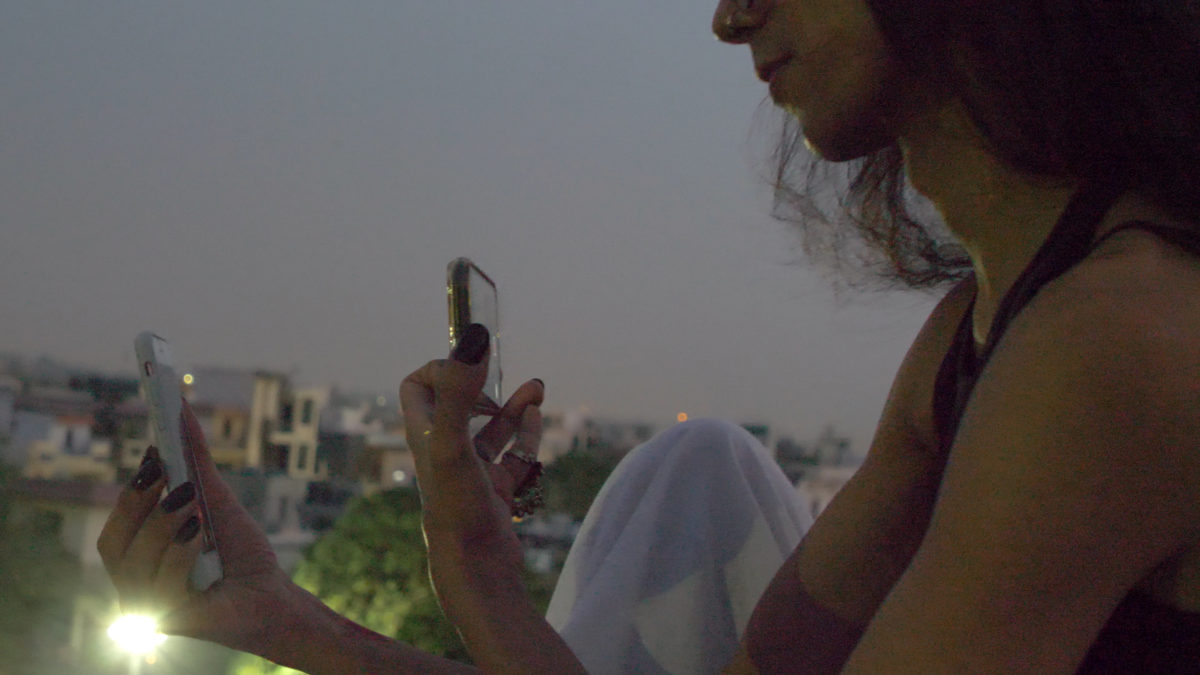
Does Your House Have Lions emerges from an ongoing video archive we have been building since our first meeting in 2015. This living archive documents our time together through filmed conversations, experiments in fiction and character-building, and off-the-cuff documentary footage, often involving people in vqueeram’s life. The scenes selected for our film foreground the friendship between vqueeram and Dhiren Borisa, who lived together from 2016 to 2021, and the friendship and working collaboration between vqueeram and Vishal. Since meeting vqueeram, Vishal has visited India regularly. His ancestors were coerced to leave eastern India in the 1800s to become indentured laborers on sugar plantations in Guyana. Both of his parents were born in Guyana, took independent routes across the globe, met in the UK, and eventually settled in Canada. These multiple registers of removal produce a kind of world-wandering and search for belonging that takes him back to India time and time again, though he doesn’t have any known relatives there.
Queer friendship offers both a door and an inside, a passage making an interior. Vishal’s travels to India, made possible by funding received for our ongoing projects, has fostered this intimacy and allowed us to think and make together, to speculate for hours and days when we are together, to film, to experiment, and to imagine what might be possible when our worlds begin to merge. Belonging isn’t an easy, obvious, and effortless thing. Queer friendship allows a wayward relation, a kind of passage that can feel like belonging. Lions is made in this passage—neither inside nor outside, somewhere in between, between friends but exposed to the world, watching the world watch them. Friendship is the method, and its way of looking is diasporic. Both labor at history and trouble belonging. This play of proximity and distance doesn’t leave one rootless. Fragility only tempers the firmness of one’s grounds but doesn’t disappear them. Like Dhiren says so eloquently in the film about their migration to Delhi from the constraints of a village near Mount Abu, where they are from, it engenders another register of loneliness. We wonder what it means to place these two diasporas together—one across centuries and oceans, the other, generational and within the same nation. What do their lonelinesses imagine together, when sitting beside each other? Can queer/friendship make two and more incommensurate archives sing together in the present?
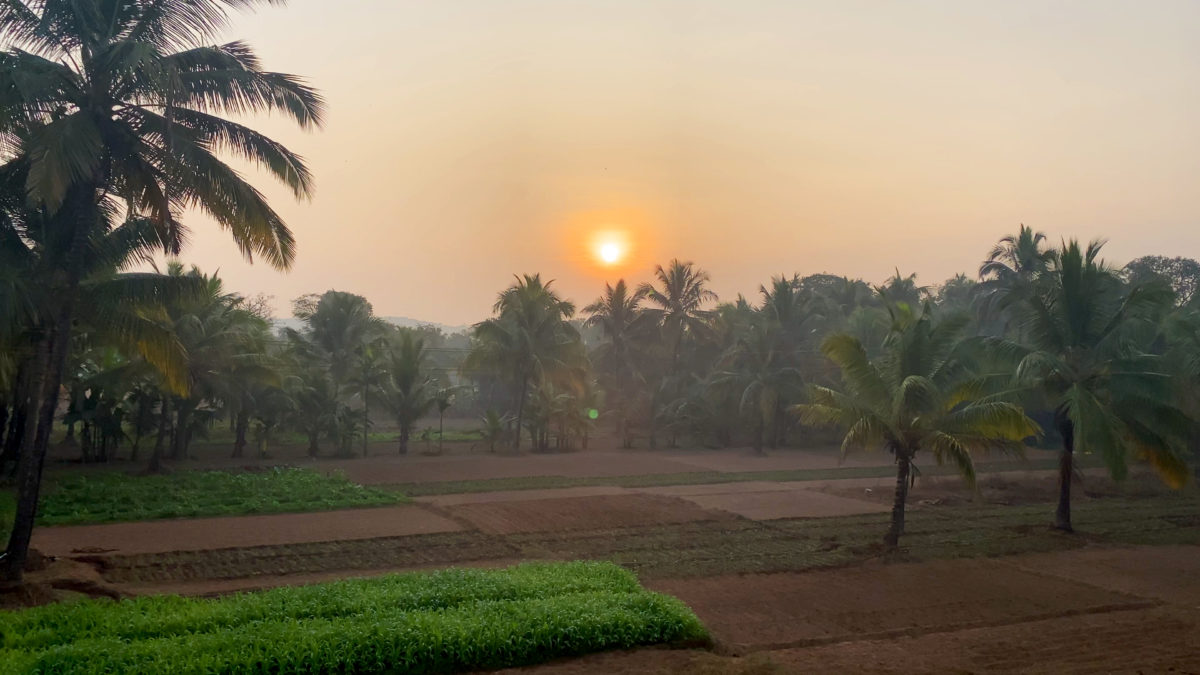
The queer passage is as fraught as any other. It is full of claims, lapses, distances, difficult weather, and the unspoken. When the title of the document resonated with us, we wished for something for ourselves. By suggesting that queer objects protect the door, standing guard over who comes and goes from our interior spaces, Rahsaan and Joel were also insisting to not make much of things. More desire than function, Lions asks that we resist and trouble the political that imbues minoritarian tendencies like queer friendship and sex with revolutionary hope. They could be otherworldly, dreamy, full of possibility, but they cannot undo how sometimes, the world comes barging in unannounced. Queer friendships may be unhinged from the law—without protection and claim—but they cannot separate themselves from, let alone repair the stresses of, how lives must be lived in order to be survived—that we must go to work, step outside these shadowy cool corners we make in the world, and meet people who will not want this for us—and of course the many who threaten and want to see us destroyed. Even that which we rely on to protect us can poison our relation. Houses can feel stifling too. Money, which engineers Vishal’s capacity to travel to India and the enterprise of this film, when it became due wages, transformed into a menacing specter. It facilitated our intimacy but came to distort the claims we were making—“Is this work or friendship?” haunting every ask with the weight of a transaction—“Do I owe him something now?” warping joyous moments with the feeling of debt and worrying intentions with meaning. Gestures that sought to overcome and transform the divides of our worlds—our different social, sexual, and economic positions—sometimes ended up emphasizing the irreducible differences between us. The more we labored in friendship, the more it couldn’t do to change who we were and where we came from to each other.
Lions are often mobilized as metaphors of bravery, but as Akhil Katyal, poet and friend, reminded us, there is a “lie” in “Lions.” These lies are things we do to survive; they are how we grapple with how histories distort desires, how feelings are stopped from becoming words when we are asked a question we’d rather not answer. The camera interrupts this by surreptitiously lingering where the human eye is awkward. Sometimes it even generates distance between two bodies sitting next to each other so that one can say to an imagined audience what cannot be said to our friend who seems to be eavesdropping on a private truth, and in still other times, the camera makes possible the truest of our fictions—say instead of sitting in anxiety in a jacuzzi in a gay bathhouse, Dhiren achieves purple transcendence with their sexy dance in a swimming pool. Sometimes it is queer friendship that offers respite to these dispersed souls; sometimes it is the camera that puts these unlikely people in that frame and relation, creating fictions in its encounter with opacity, letting them lie next to each other. It is in the ways that we are not wholly given or beholden to each other that our film becomes an invitation to the viewer to make something. Opacity is the passage through which a viewer, also estranged from us, can make something of our collective dispersal—how we do and don’t belong with each other, can make an elsewhere possible.
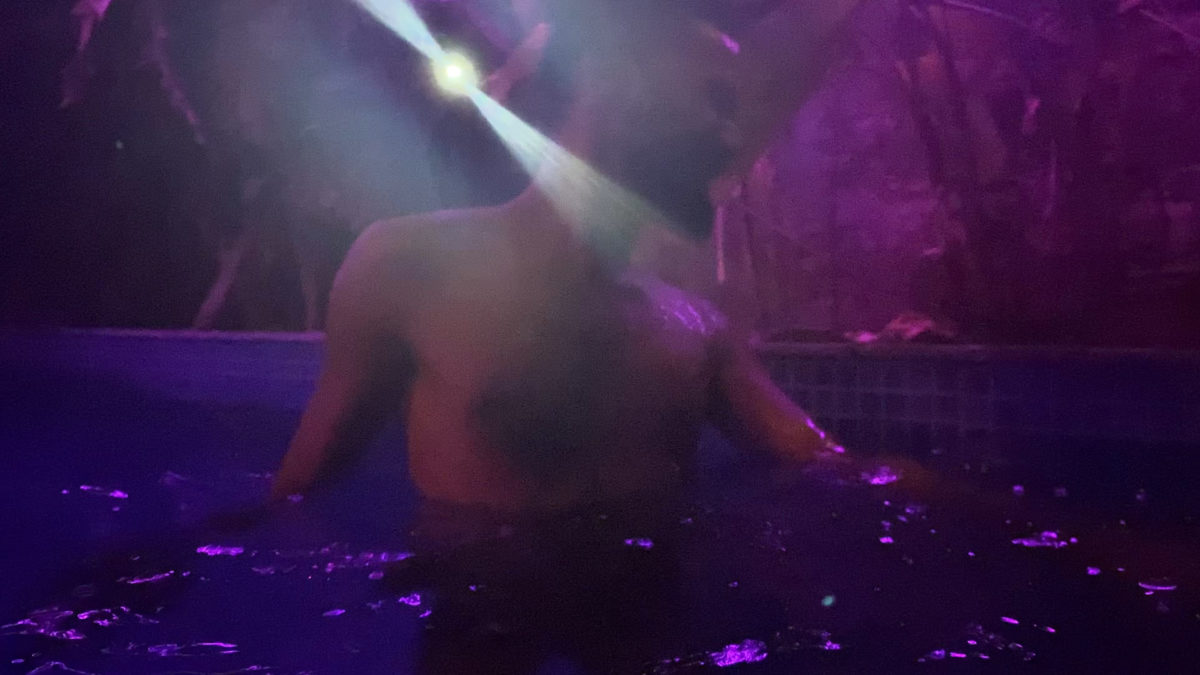
Sanchez’s is no easy text to borrow a title from. The book is dedicated to the sisters who lost brothers but not the brothers themselves. (In the movie too, the devastation of incarceration is witnessed obliquely through Dhiren and vqueeram than their housemates who were incarcerated). Sanchez’s book is generous and forgiving, and in that spirit of honesty, it refuses restraint on some of the damning and cruel ways that brothers with HIV/AIDS were seen—less as having a disease but as vectors of it, a compromise deeper than just immunity. Histories are difficult, borrowing is always a little like theft, and ancestors make mistakes. There are no road maps. Only passages we must traverse. Our film launched on April 1, 2021, during a particularly fraught moment in the current pandemic, especially in Delhi. The world is in a great hurry to move on from grief. Yet the stubbornness of grief can refuse the recalcitrance of the normal. We know grief is interior, personal, singular, difficult to share, to trust people in. What can we make when we align our different, incommensurate losses? We pause here. Can not letting (grief) pass also be a passage?
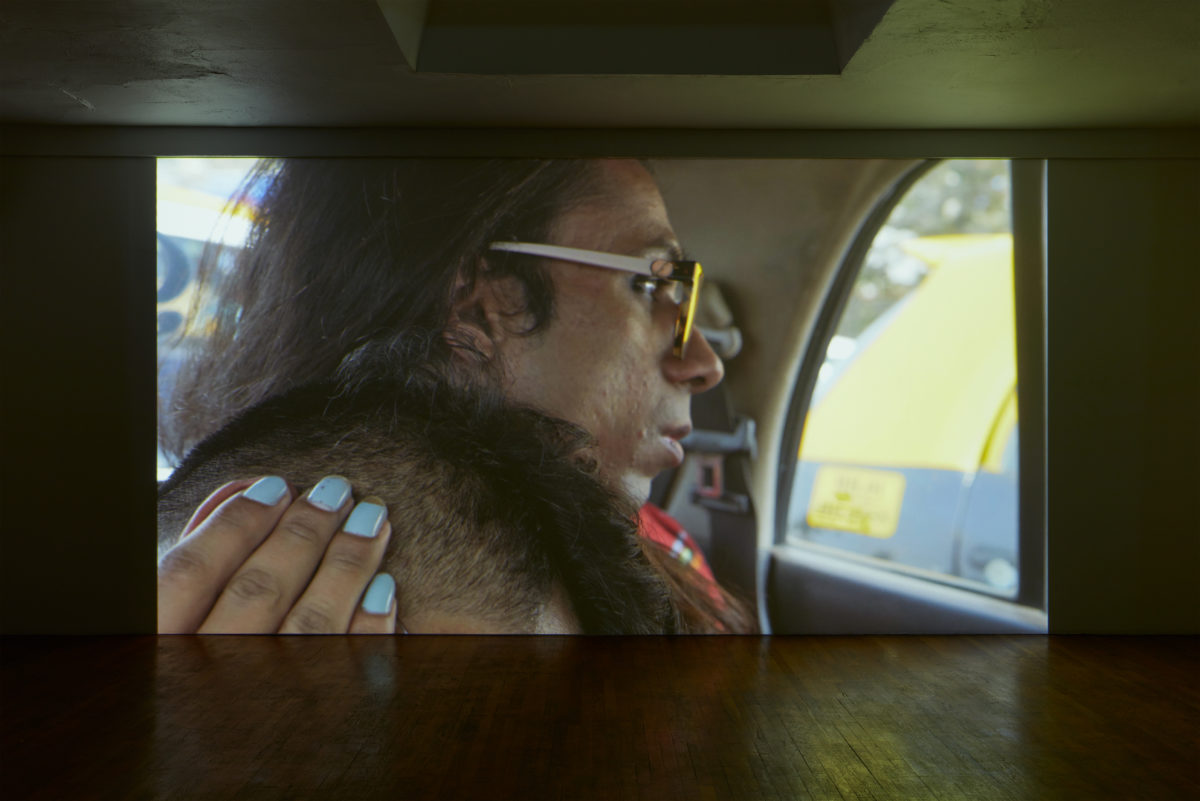
- 1Sonia Sanchez, Does Your House Have Lions? (Boston: Beacon Press, 1997).
- 2Does Your House Have Lions: The Rahsaan Roland Kirk Anthology, 1993.
- 3Katherine McKittrick, “Mathematics Black Life,” in “States of Black Studies,” special issue, The Black Scholar 44, no. 2 (Summer 2014): 17.
